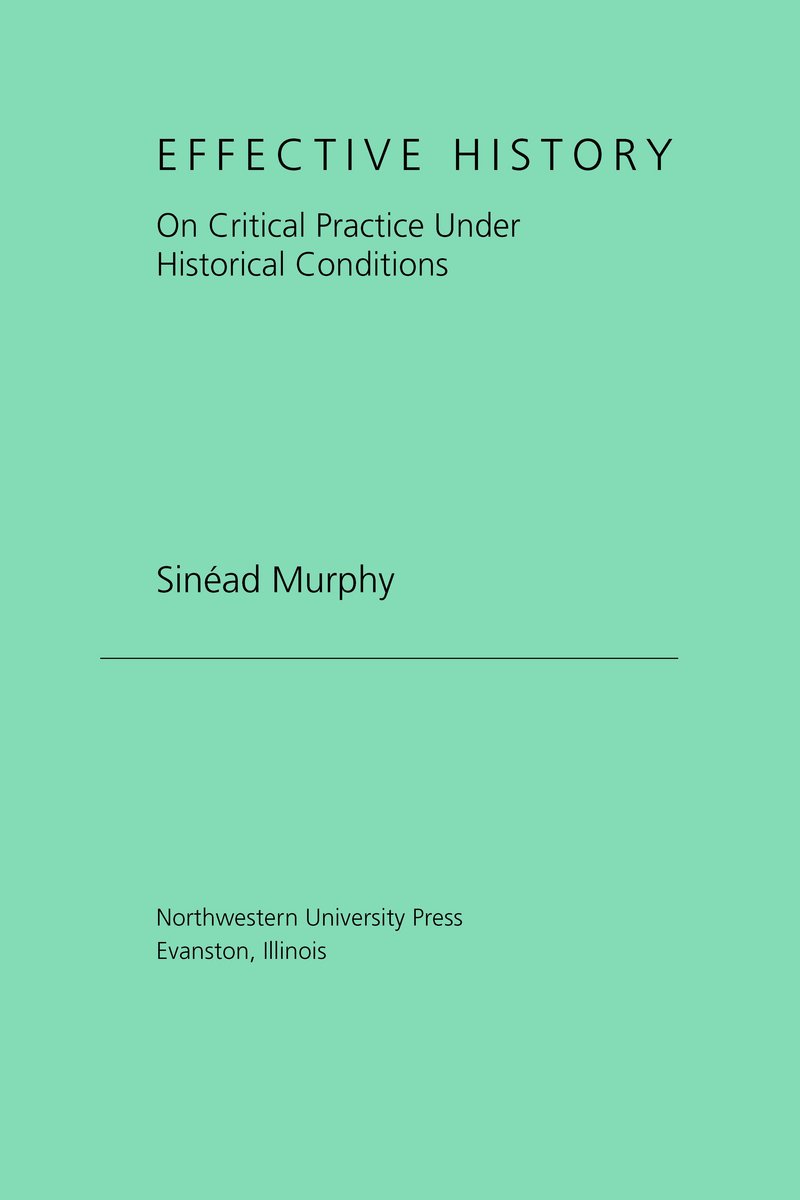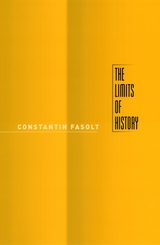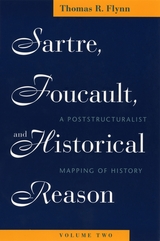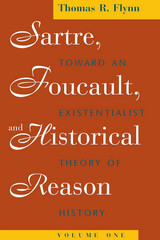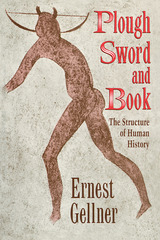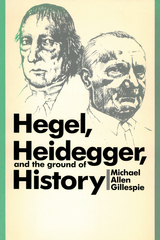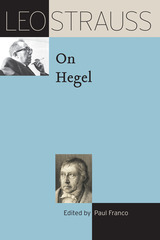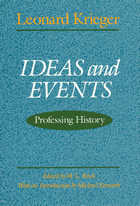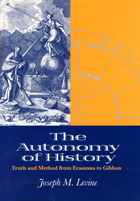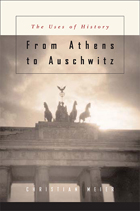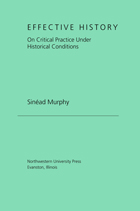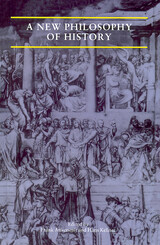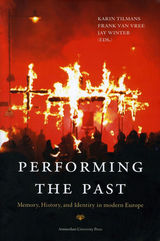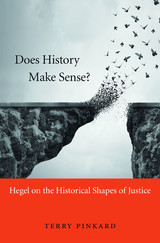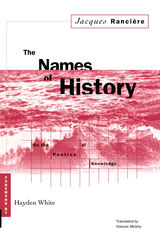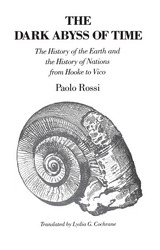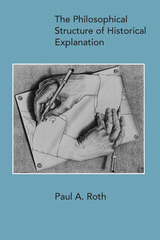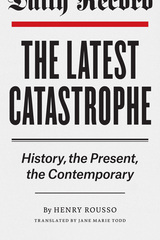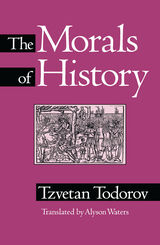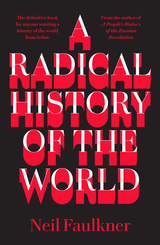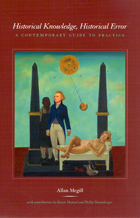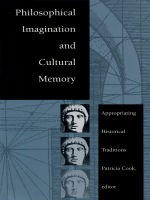eISBN: 978-0-8101-6500-7 | Cloth: 978-0-8101-2714-2
Library of Congress Classification D16.8.M895 2010
Dewey Decimal Classification 121.68
Sinéad Murphy’s Effective History presents its reader with a thorough explanation and evaluation of H.-G. Gadamer’s concept of “effective history,” not only as it pertains to the broader range of hermeneutic and postmodern thinkers working in the wake of Kantian philosophy, but first and foremost as a careful and measured consideration of the practice of effective history as a critical method for philosophy in our current times. In this latter sense, the work pushes Gadamer’s thinking forward into new territory and provides an insightful estimation of the value of hermeneutic inquiry.
Murphy demonstrates that the notion of effective history not only stems from a central issue in Kant’s critical philosophy (the divide between the empirical and transcendental, between history and pure knowledge), but that it is best understood through an analysis of the various ways that certain contemporary thinkers fall into the traps and contradictions that stem from Kant’s critical turn.
See other books on: 1900-2002 | 20th century | Gadamer, Hans-Georg | Hermeneutics | Philosophy
See other titles from Northwestern University Press
